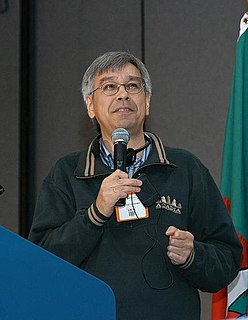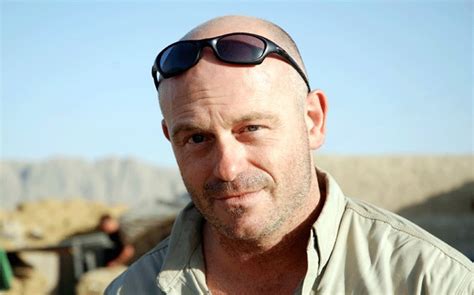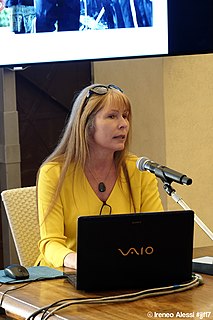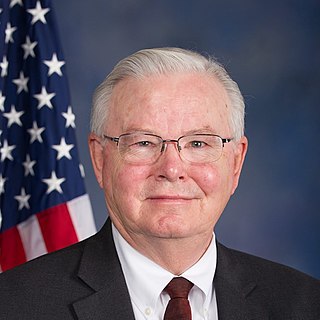A Quote by Wietse Venema
Coming back to the topic of computer security, the TCP Wrapper is an example of such a safety net. I wrote it when my systems were under attack by someone who appeared to walk through walls.
Related Quotes
My belief is that there will be very large numbers of Internet-enabled devices on the Net - home appliances, office equipment, things in the car and maybe things that you carry around. And since they're all on the Internet and Internet-enabled, they'll be manageable through the network, and so we'll see people using the Net and applications on the Net to manage their entertainment systems, manage their, you know, office activities and maybe even much of their social lives using systems on the Net that are helping them perform that function.
Human beings have a drive for security and safety, which is often what fuels the spiritual search. This very drive for security and safety is what causes so much misery and confusion. Freedom is a state of complete and absolute insecurity and not knowing. So, in seeking security and safety, you actually distance yourself from the freedom you want. There is no security in freedom, at least not in the sense that we normally think of security. This is, of course, why it is so free: there's nothing there to grab hold of.
One of the dangers about net-net investing is that if you buy a net-net that begins to lose money your net-net goes down and your capacity to be able to make a profit becomes less secure. So the trick is not necessarily to predict what the earnings are going to be but to have a clear conviction that the company isn't going bust and that your margin of safety will remain intact over time.





































